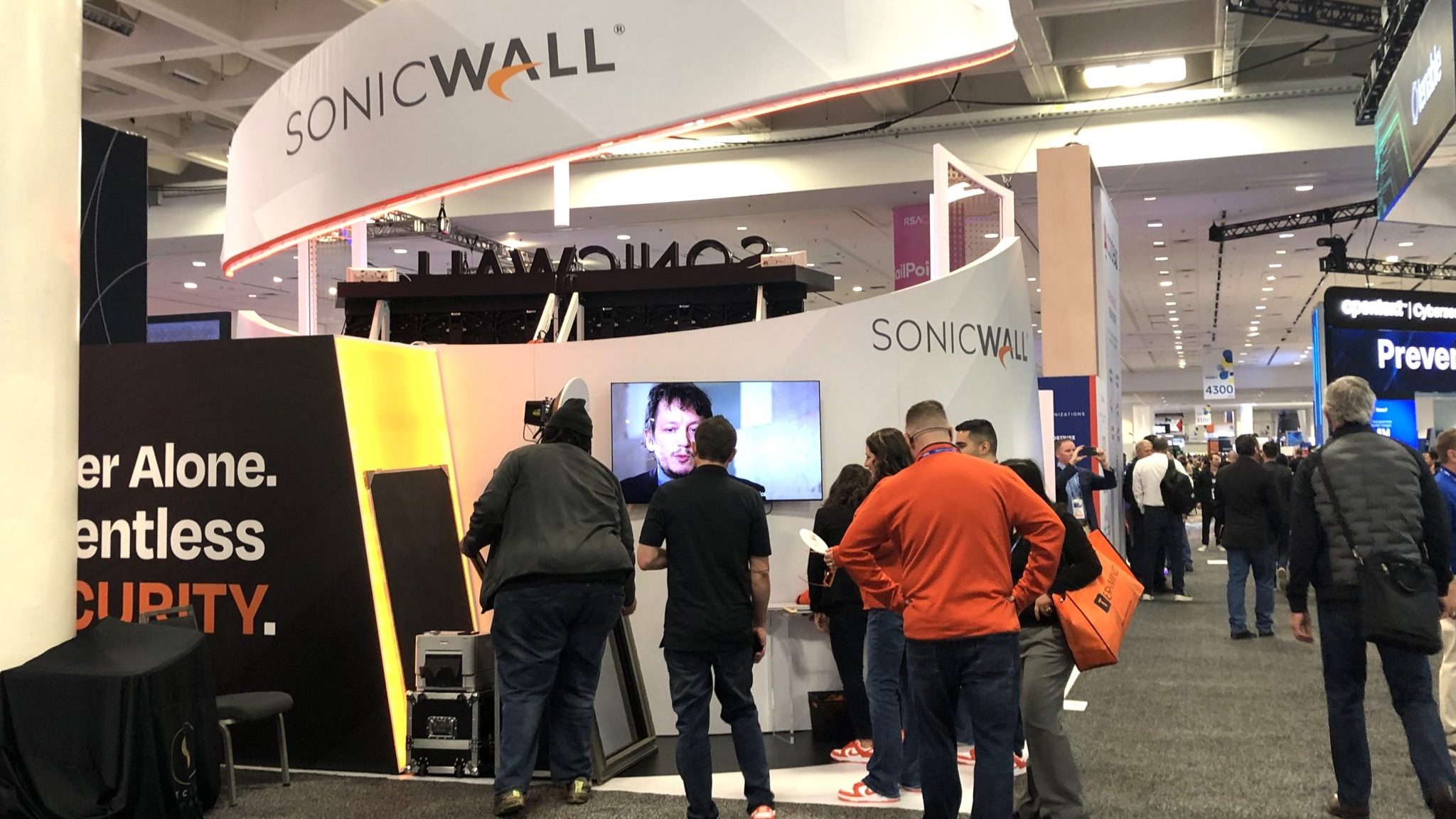In its continued effort to innovate and meet market needs,†Axis Communications, the global leader in network video, announced the launch of the 7th†generation of their chipset. ARTPEC 7 will bring an array of new capabilities and features to Axis network cameras, namely even better imaging, enhanced security features, powerful compression and ability to run analytics on the edge. Moreover, since the chip is fully developed by Axis, it provides a layer of control that is crucial for effective cybersecurity.
“We’re one of only a few manufacturers that develops our own chipset, therefore the creation of ARTPEC 7 is a key differentiator for us and a significant benefit to our customers,” said Fredrik Nilsson, VP, Americas, Axis Communications, Inc. “In this generation of ARTPEC we’ve included many important features, such as upgraded security. Also, unlike other chips, it’s not a generic design. Rather, it’s 100% optimized for creating high-quality Axis network video solutions. This launch truly exemplifies our vision to innovate for a smarter, safer world.”
Even better imaging under any conditions in any mode
Due to a completely redesigned image processing pipeline, the ARTPEC 7 further improves all the signature Axis technologies that have been created to address difficult light conditions. For example:
- Lightfinder 2.0†will deliver more saturated and realistic colors than ever before in low-light, along with the sharpest images of moving objects even in the darkest areas.
- Forensic WDR†will provide clearer images of moving objects as well as enhanced detail in backlit scenes, or scenes with big differences between the lightest and darkest areas.
- Increased sensitivity to light†also significantly extends the range of illumination for Axis cameras with IR.
Enhanced security features
ARTPEC 7 enables “built-in” security features for Axis cameras, including signed firmware so only secure authorized firmware can be installed, and secure boot, which prevents booting of unauthorized firmware.
Powerful compression
Future Axis cameras will also let users choose between H.264 and H.265 video encoding depending on what best suits their system and surveillance needs. Either encoding standard in combination with Axis Zipstream technology will now require even lower bandwidth and storage space without sacrificing image quality. In addition, users are free to reevaluate their choice of codec at any time if their requirements should change.
Impressive analytics on-the-edge
Finally, this chip features a real-time object detection engine that will make it possible for Axis and Axis partners to develop powerful analytics to automatically detect and differentiate between people, faces and objects.













